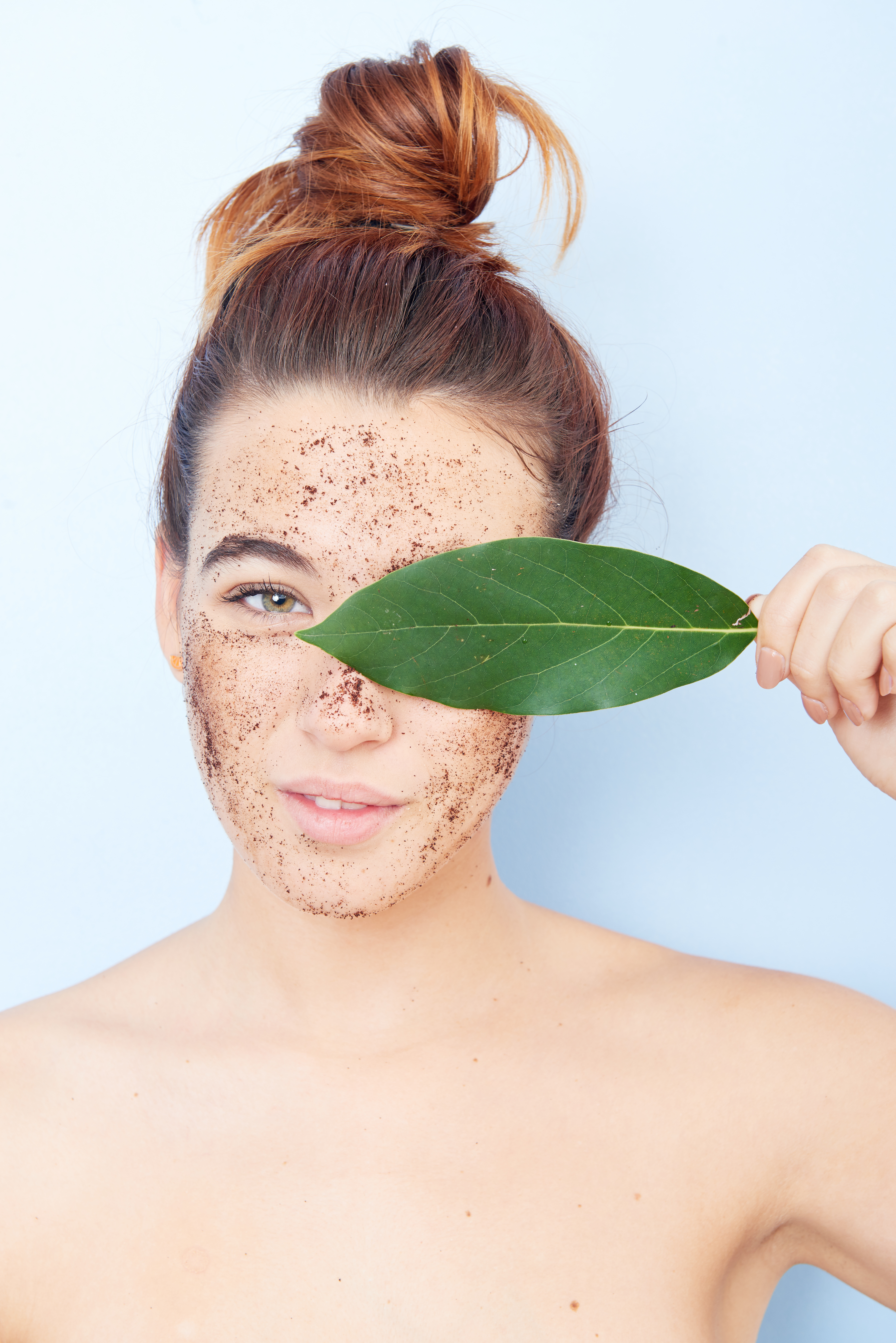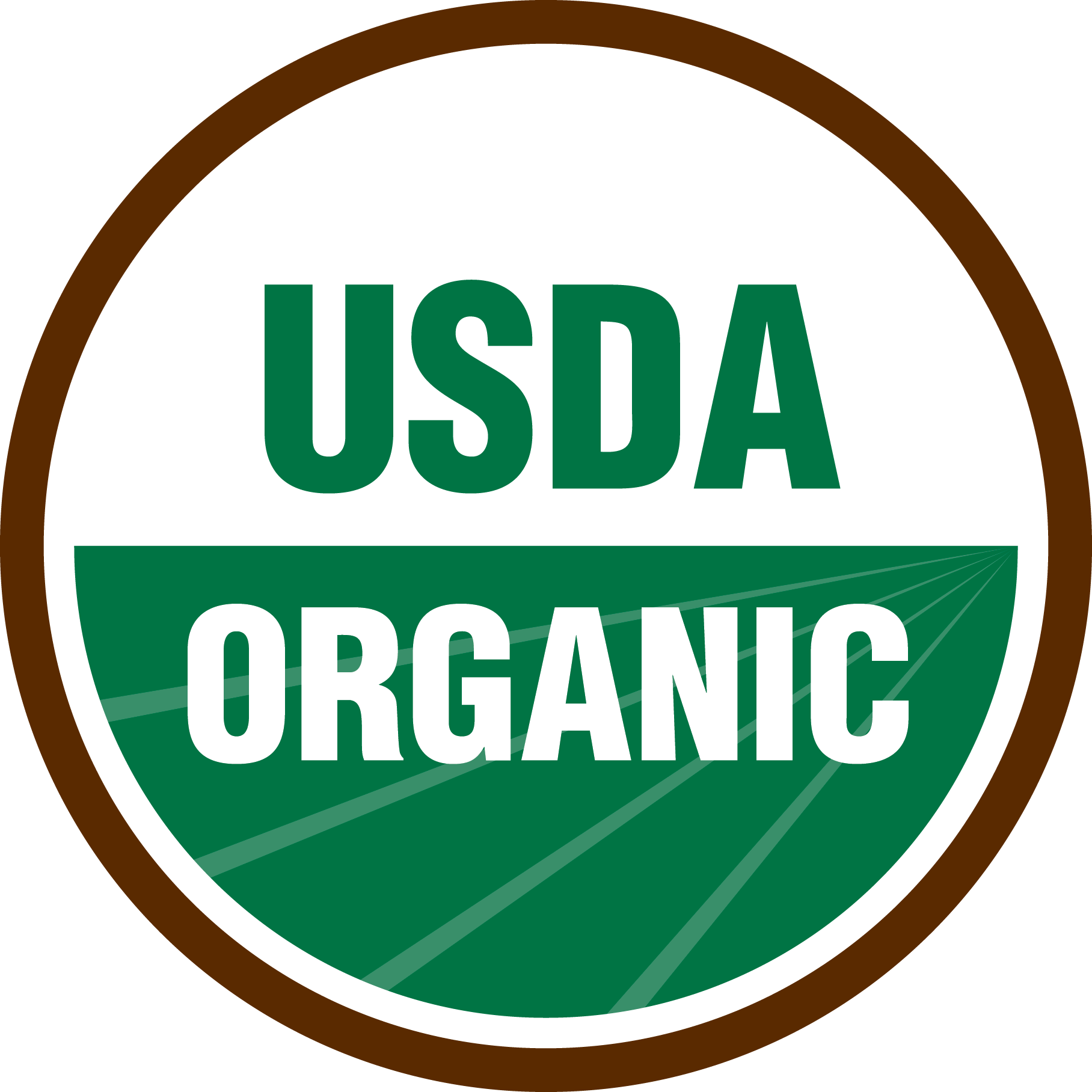Posted by Elina Fedotova May 2011 issue of Dermascope Magazine on Apr 19th 2017
Why Organic?
The advantages of introducing an organic product line into your skin care practice are quite clear: They are clean and safe. No need to worry about potential reactions to foreign chemicals by clients, or yourself. (That is not to say allergic reactions can not happen with botanical ingredients, because we can be allergic to any substance!)
Once my clients become used to the pure, fresh feeling of products that feed their skin the way nature intended, they tell me they do not even want to touch waxy, fluffy creams anymore. Because good organic products are free of synthetic waxes that do not clog their pores.
As you and your clients become accustomed to using organic products you will see that they are like ultranutritious meals for your face. Also, the selection of a good organic skin care line appeals to many people who suffer from health problems. For example, those who have suffered from cancer and the side effects of chemotherapy are more likely to do everything possible to maintain their health. Consequently, they tend to avoid formulations that could expose them to potentially toxic chemicals.

Organic Skeptics
Some skin care professionals are skeptical about organics. They cannot believe that formulations made from botanicals can deliver corrective results comparable to those of cosmeceuticals. There are cosmetic products with biologically active ingredients that claim to have medical or drug-like benefits. However, unlike pharmaceuticals, they are not approved by the FDA.
I believe that products that use organic ingredients that come from whole food and other natural sources can be even more effective, because the ratio of vitamins and other nutrients in them are more likely to work in harmony with our skin. In my opinion, this will be proven as more skin care manufacturers conduct scientific studies to prove the performance of their products.
The USDA and the Term “Organic”
The United States Department of Agriculture (USDA) offers a special certification seal (the USDA Organic Seal) for skin care products that meet their specifications. Edible plants must make up the majority of the ingredients and must be grown in accordance with the Organic Food Production Act. This means that all USDA certified organic botanicals must be produced without:
As an added environmental perk, the botanicals in organic skin care products must also be cultivated in ways that minimize pollution from air, soil, and water, using methods “that seek to restore, maintain, and enhance ecological harmony.”

Rules for USDA Certified Organic Products and
Products Made with Organic Ingredients
While the USDA does offer to certify cosmetics, body care,
and personal care products that meet its specifications, it does
not require it; moreover it regulates the term “organic” only as
it applies to agricultural products through its National Organic
Program (NOP) regulation.
Organic personal care products are USDA certified, however,
must follow certain labeling rules:
• A product that claims to be “100% organic” must use
only organically grown plants; it may display the USDA
Organic Seal.
• More recently the USDA has allowed qualified products to claim that they are “made with organic ingredients” if they contain at least 70 percent organic ingredients. However, they cannot use the USDA Organic Seal. Products that make the claim “made with organic ingredients” must use at least 70 percent organic ingredients. The product label can list up to three of the organic ingredients on the principal display panel. For example, body lotion made with at least 70 percent organic ingredients and only organic herbs may be labeled either “body lotion made with organic lavender, rosemary, and chamomile” or “body lotion made with organic herbs.”
• If a product contains less than 70 percent organic ingredients they cannot display the USDA Organic Seal, nor can they use the term “organic” anywhere on the display panel. However, they are permitted to itemize specific ingredients that are USDA-certified on the ingredient list.
Issues for Products Not Certified as USDA Organic
The many complexities of USDA certification can make it challenging for you, the aesthetician, to decide on the best organic skin care line for your practice. First off, consider the fact that organic products that are not certified organic by the USDA can contain all kinds of toxic preservatives and other chemicals. In the meantime, you can buy USDA certified organic products that are “clean” but contain only very simple ingredients that do not produce corrective results.
You can also find very effective skin care products made with rare, unique botanicals which cannot be certified by the USDA because they are wild crafted, come from a foreign country, or are not available from a USDA certified supplier. So the formulator has to choose between using only ingredients available from USDA certified suppliers, or forgo the advantages of a USDA Certified Seal if they want to use unique or rare ingredients
Also, once the USDA has approved a formula it cannot be changed. This means that it is very difficult for smaller companies who customize products for clients or make seasonal adjustments to retain USDA organic certification. So they may choose to not have their products become USDA certified organic, even though their formulas are extremely effective. If you are considering a line by a smaller company, for your own peace of mind, ask to review the certificate of ingredients for their products so you can decide what is best for you.
Choosing an Effective Organic Skin Care Line
Creating organic skin care formulations can be compared to cooking. You can chose between simple or sophisticated recipes. For instance, say you find two recipes for organic vegetable soup. One recipe calls for only potatoes and onions. The other includes more than 20 different vegetables that are both nutritious and delicious. Both soups could be made up of certified organic vegetables, but would you still receive the same amount of nutrition from each soup?
The same applies to organic skin care products. To find the best organic skin care line for your practice, you need to seek a balance between clean and nutritious (i.e. effective) ingredients. Skin care formulations can be very pure and simple like organic wax and oil, but not necessarily effective. You need to look for sophisticated organic formulations that deliver desirable results for your clients.
How can you do this? First you need to try the product for yourself. If you like the results and want to consider using the product line, you then need to read and understand the ingredients listed on the labels.

What to Look for on Organic Ingredient Labels
First make sure each product is made of mostly botanical ingredients. Then check to see that the non-edible ingredients do not include synthetic additives. For instance, you may want to avoid:
1. Synthetic chemicals and ingredients that contain petroleum derivatives from crude oil.
2. Artificial fragrances that can contain toxic chemicals, including benzene derivatives, aldehydes, and other known toxics and sensitizers.
3. Synthetic preservatives like parabens.
Then you need to check out what kind of preservatives the product(s) contain. Preserving skin care products in an all-natural way is a challenge. Many cosmetic formulators do not even think it is possible without using synthetic chemicals. The good news is that there are a number of naturally occurring substances that can keep creams and lotions free of foreign substances like bacteria and fungi. These include:
• Colloidal silver
• Essential oils with strong anti-microbial properties, such as cinnamon bark, clove, geranium, lavender, lemon, lemongrass, oregano, rosewood, sage, and thyme
• Potassium sorbate (a fungi inhibitor) • Powerful antioxidants like vitamin E (Tocopherol) and rosemary (Oleoresin)
• Food grade preservatives like sodium benzoate will work as well.
The question then becomes, for how long do we want to preserve them? For mass-produced commercial lines: A year. But for fresh, handmade specialty products, half that time is enough. That is because skin care products are best when they are made in small quantities, and then sold and used within six months.
Bottom line, when it comes to the creams and lotions we use on our skin, we are faced with the same choice as our food: Do we want a “spongy” loaf of bread preserved with chemicals that make it last for a very long time? Or would we prefer a freshly baked, aromatic loaf which will harden in a few days, but will taste so much better!
Doing Your Homework
I often hear aestheticians say: “Wow, how are we supposed to know the properties of all of these ingredients and what they are for?” My response… “Educate yourselves!”
To learn more about the ingredients in different organic skin care lines, contact the skin care representatives and direct your questions to them. If they cannot provide you with answers that satisfy you, ask to schedule a technical consultation with the person in charge of formulation, or one of the company’s lab managers.
Do not forget that you can easily use the Internet to research ingredients as well. Just enter the name of the ingredient in question in the search engine of your choice and a long list of informational resources will appear. Of course you need to use good judgment when you choose your online sources. As we all know, just because you read it on the Internet does not make it true!
Doing your own research and “due diligence” before choosing an organic skin care line will help you understand how the creams and lotions you put on your clients’ skin actually work. Moreover your clients will appreciate all of the time you took to learn about the organic skin care line you chose, because while you are applying the products, you can educate them as well. They will truly appreciate and value your expertise!
-Elina Fedotova is the formulator and CEO of Elina Organics, an award winning cosmetic chemist and aesthetician. She hand makes her professional skin care line in her laboratory using holistic principles and organic ingredients from around the world. In 2007, she founded the Association of Holistic Skin Care Practitioners (AHSCP); a nonprofit organization that provides ongoing training and education for professionals.-
References:
1 www.ams.usda.gov/nop/Consumers/brochure.html
2 www.ams.usda.gov/AMSv1.0/ams.fetchTemplateData.do... =TemplateJ&page=NOPPetitionedSubstancesDatabase 3 www.ams.usda.gov/AMSv1.0/ams.fetchTemplateData.do...

